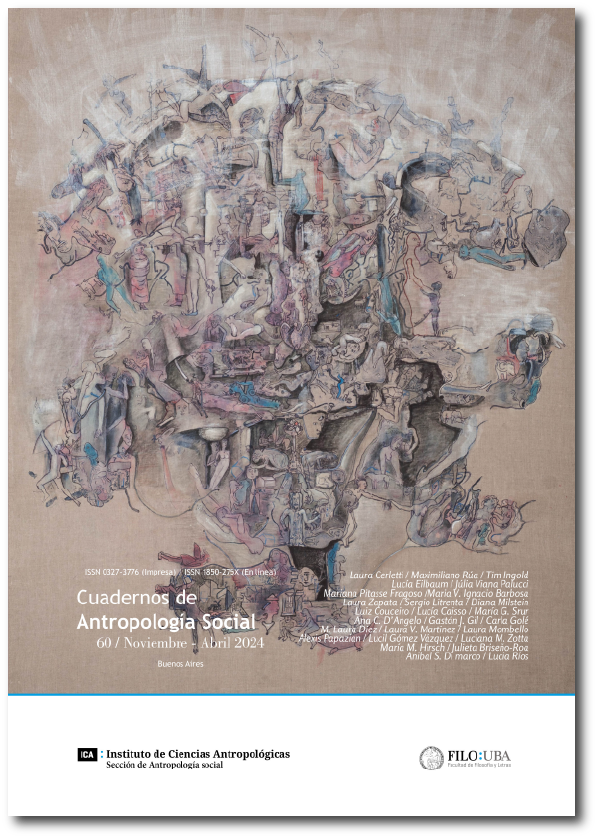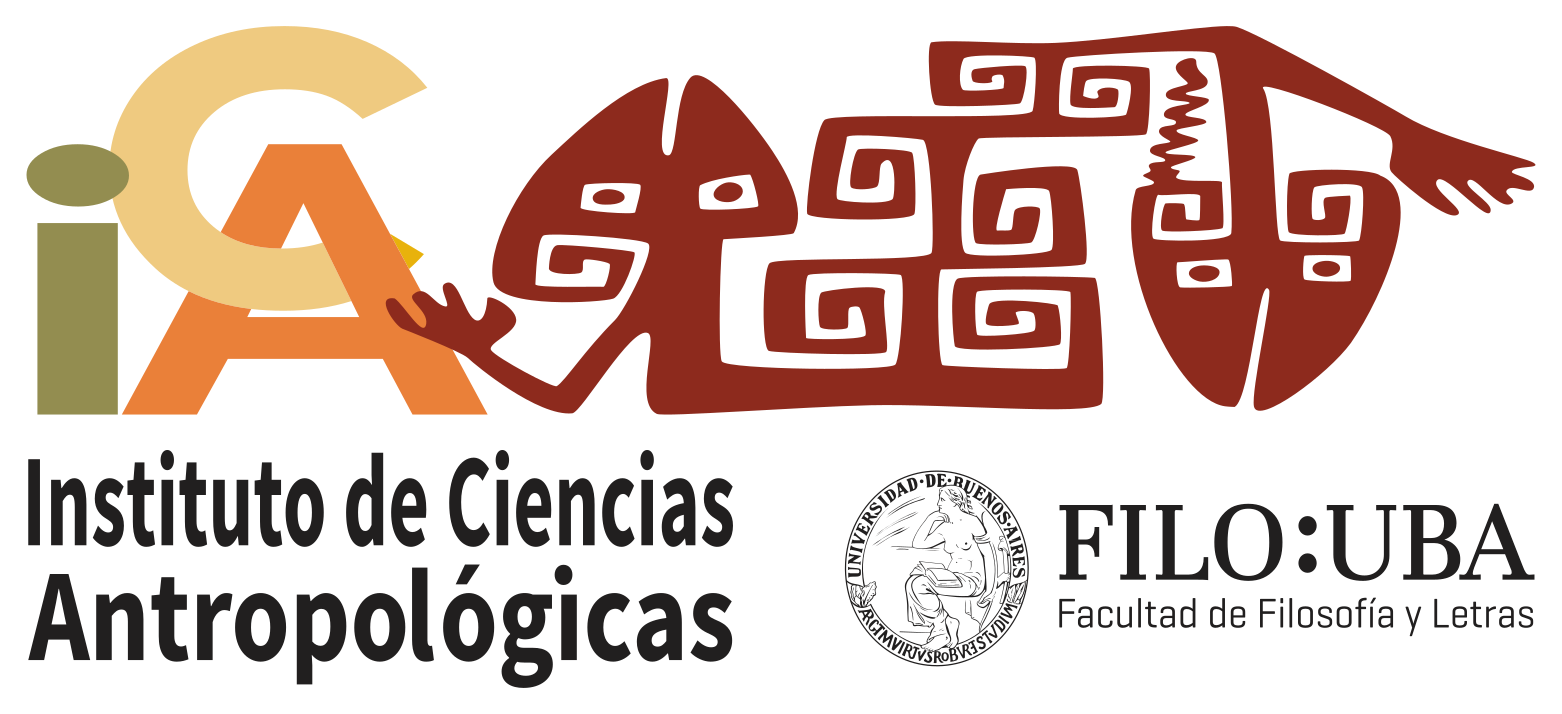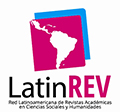Antropología crítica y militancia indígena en los años setenta
Entrevista a Andrés Serbin
Resumen
Este trabajo surge a partir de la entrevista realizada a Andrés Serbin, en junio de 2023, en la Ciudad Autónoma de Buenos Aires. El autor repasa los inicios de su trayectoria académica, atravesada por el contexto político y social de la década de 1970. En su relato señala sus primeros trabajos de campo, las reconfiguraciones críticas de la antropología y la vinculación con un incipiente conjunto de organizaciones indígenas. El entrevistado menciona las formas –novedosas para la época– de construir relaciones con los sectores populares, en el contexto de una alta conflictividad político-social. La coyuntura y la confluencia entre militancia e investigación obligaron al autor a exiliarse y, en consecuencia, nos describe el ejercicio antropológico en clave latinoamericana. Su voz se complementa y enriquece con un conjunto de fotografías tomadas por él mismo en distintos encuentros y trabajos de campo.Descargas
Derechos de autor 2024 Inés Aprea, Diana Lenton, Esteban Padin, M. Victoria Pierini, Mariana Videla Manzo

Esta obra está bajo licencia internacional Creative Commons Reconocimiento 4.0.

Esta obra está bajo una Licencia Creative Commons Atribución 4.0 Internacional
Cuadernos de Antropología Social sostiene su compromiso con las políticas de Acceso Abierto a la información científica, al considerar que tanto las publicaciones científicas como las investigaciones financiadas con fondos públicos deben circular en Internet en forma libre, gratuita y sin restricciones.
Los contenidos y opiniones expresadas en los artículos publicados son de entera responsabilidad de sus autores.
Los autores/as que publiquen en esta revista aceptan las siguientes condiciones:
- Los autores/as conservan los derechos de autor y ceden a la revista el derecho de la primera publicación, bajo la licencia de atribución de Creative Commons, que permite a terceros utilizar lo publicado siempre que mencionen la autoría del trabajo y a la primera publicación en esta revista.
- Los autores/as pueden realizar otros acuerdos contractuales independientes y adicionales para la distribución no exclusiva de la versión del artículo publicado en esta revista (p. ej., incluirlo en un repositorio institucional o publicarlo en un libro) siempre que indiquen claramente que el trabajo se publicó por primera vez en esta revista.















